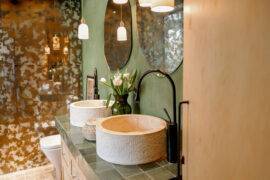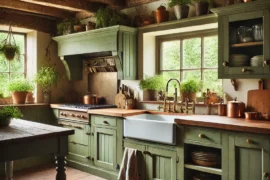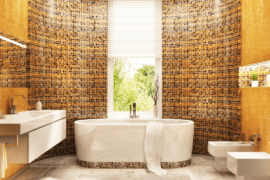It’s a long-debated issue among those who have recently built or remodeled a home: what is the best material for kitchen countertops?
For years, granite ruled the industry, with real estate agents informing clients that replacing their tired old countertops with granite was a must-do home improvement if they wanted to sell. That’s not always the case these days, with quartz and other materials seeing a huge upswing in popularity. We’ll explain the pros and cons of each and help you settle the all-important quartz vs. granite issue for yourself.
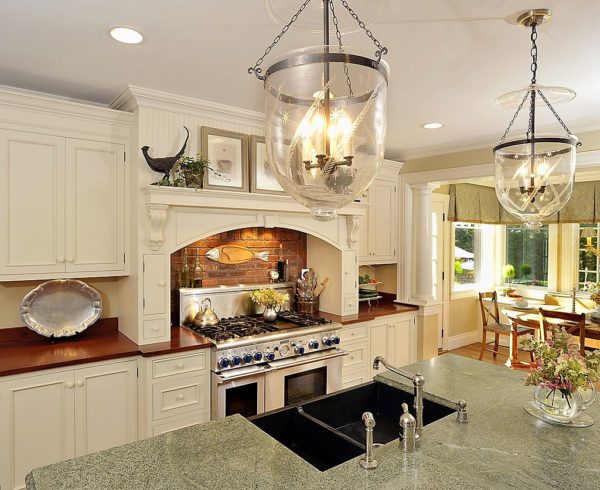
Granite is 100 percent natural. Granite slabs, which can be found in a wide variety of colors and patterns, are mined all over the world. Each slab’s unique color is due to the cooling and solidifying process as it’s formed from molten materials. No two pieces of granite are exactly the same!
After the granite slabs are cut to the desired size, they’re then polished to the desired smoothness. Since a stone countertop is natural, however, it’s susceptible to staining. This can be a huge issue in places like kitchens, where the oils and acids in certain food or drinks can cause unsightly discoloration. Experts recommend cleaning granite counters daily with a special soap and water mixture.
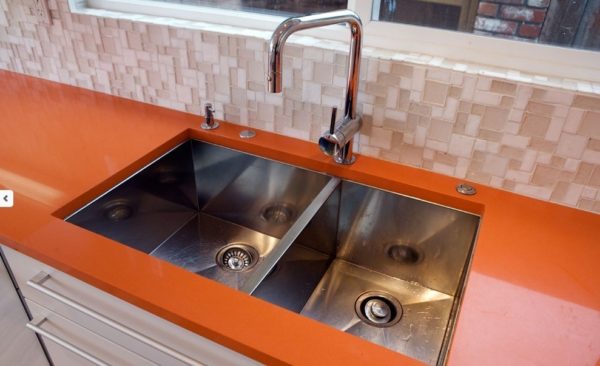
Quartz, on the other hand, is not 100 percent natural. It is manufactured using 90-95 percent ground natural quartz and percent polymer resins. Although it looks like natural stone, it has a much more uniform look to it, with much less variation in color (swirling) in each slab.
Unlike granite, quartz offers a surface that’s much more stain-resistant. You’ll still want to clean up any spills as they happen, but there’s no need to have your surface resealed yearly like some people do with their granite. Quartz is more heat resistant than granite as well (say, if a hot pot is placed directly on it), and is less likely to become damaged if it sustains a high-impact blow.
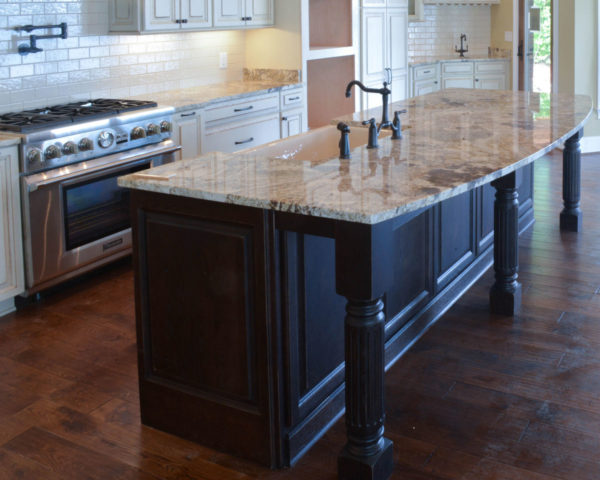
Quartz is generally less expensive than granite unless you’re talking about the lowest-quality granite out there. This is partially due to the fact that most of the world’s granite quarries are in areas like Russia, India, and Brazil, meaning that they need to be transported long distances. Quartz, on the other hand, is much more abundant in the United States so there’s less of a shipping concern.
Both granite and quartz will need to be professionally installed for the best results, which will add to the cost.
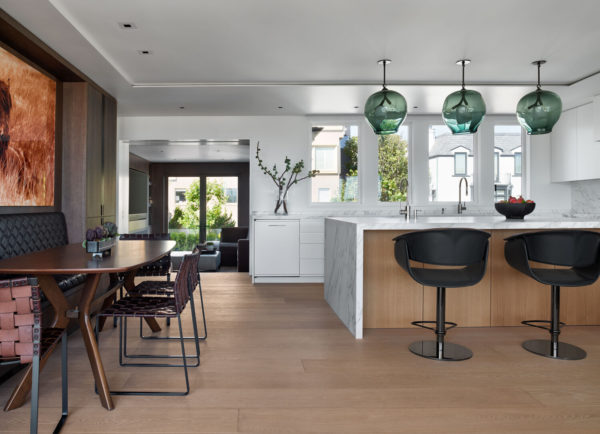
The bottom line when deciding whether quartz vs granite is right for you is to select a countertop that fits your style, your budget, and your maintenance needs. For a more natural, warm, and earthy look, you might opt for granite while a sleeker or more modern style might be best suited for quartz.
People looking for a low-maintenance surface will be better off choosing quartz, while those who don’t mind treating their countertops occasionally could handle granite countertops.
And as for budget, it’s a good idea to get quotes from a couple of different professionals before making a final decision and proceeding with the project.

